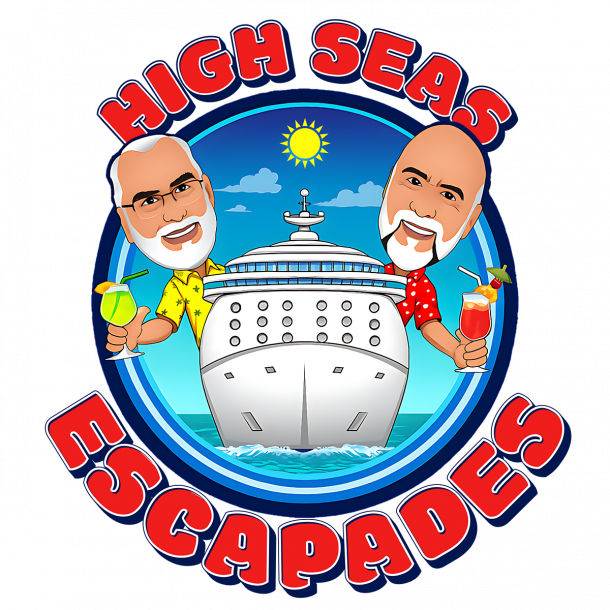CRUISE TIPS
Cruise smarter, stress less. From planning flights and hotels to embarkation day strategies and onboard know-how, this hub pulls together our best practical advice.
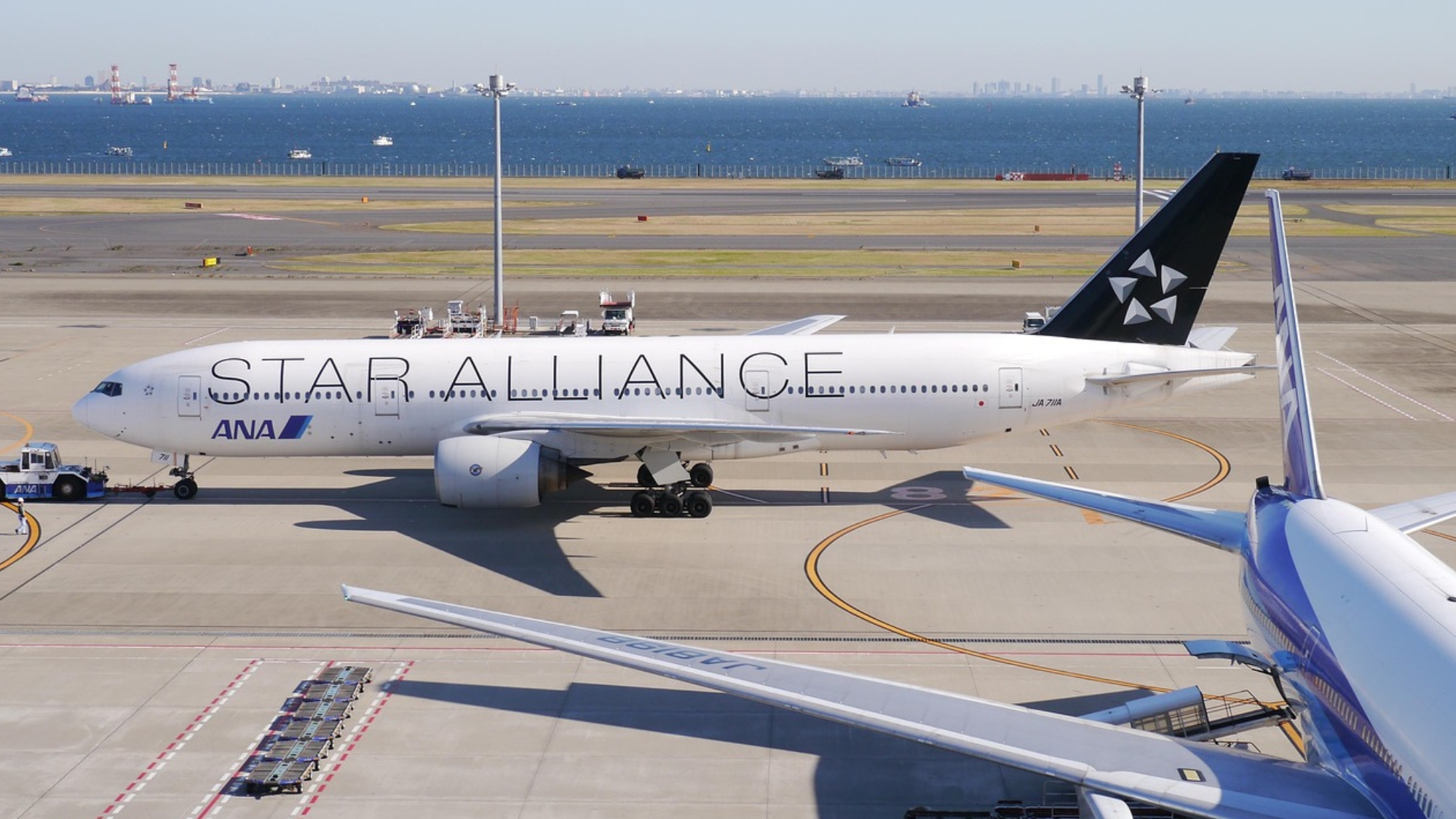
Planning and Booking Tips
How We Book Our Cruises
Our step-by-step method: pick the itinerary, book direct with the cruise line, then layer in flights and hotels.
Cruise Travel Insurance
What cruise-specific policies cover (missed ports, medical at sea, lost luggage) and the myths to ignore.
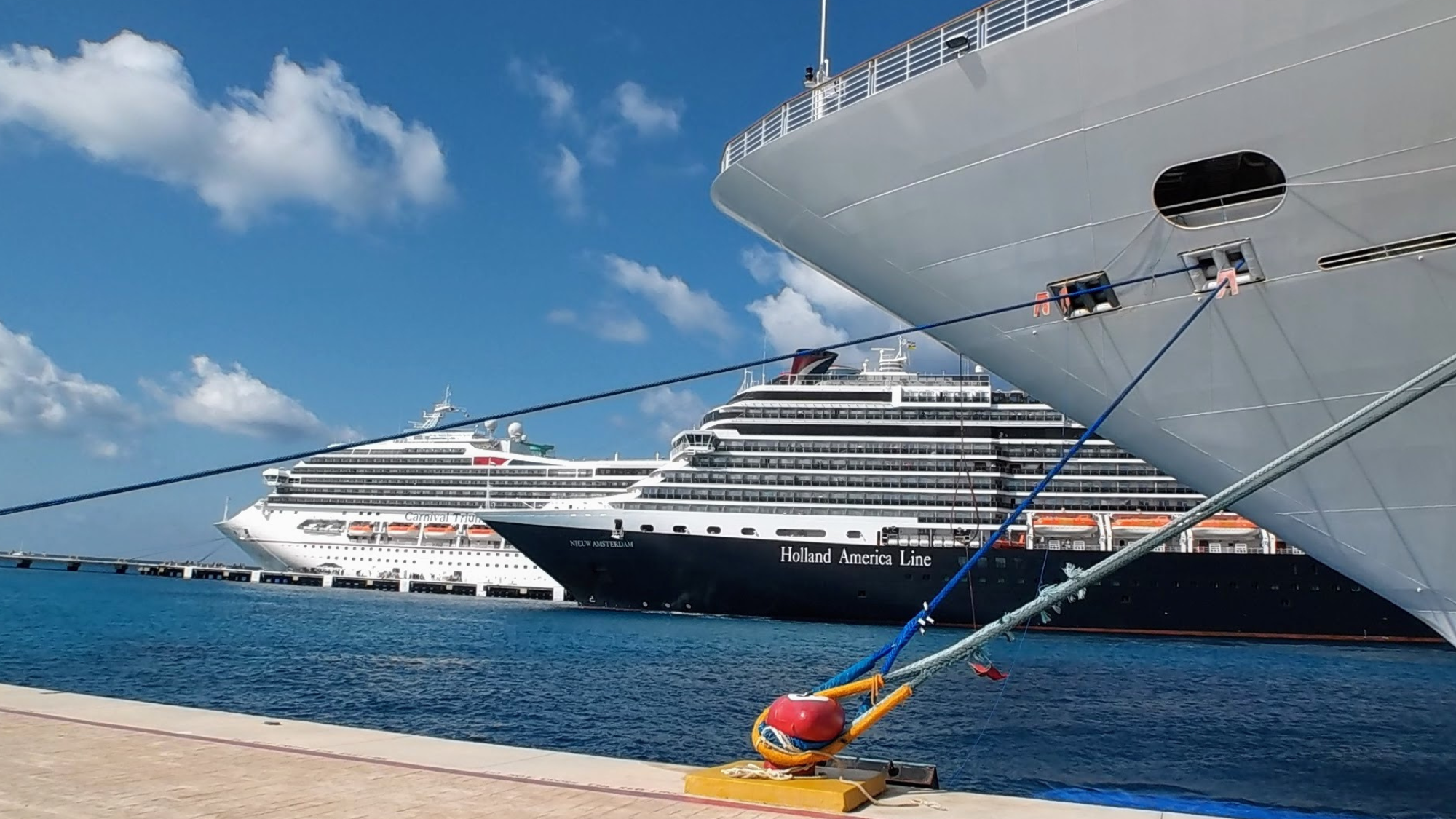
Embarkation & First Day Hacks
Avoid Embarkation Day Chaos
Board like a pro: timing, documents, luggage strategy and the first hour moves that save your whole day.
Packing Essentials and Smart Luggage
Ship safe power solutions, carry-on strategy and small items that have saved our bacon more than once.
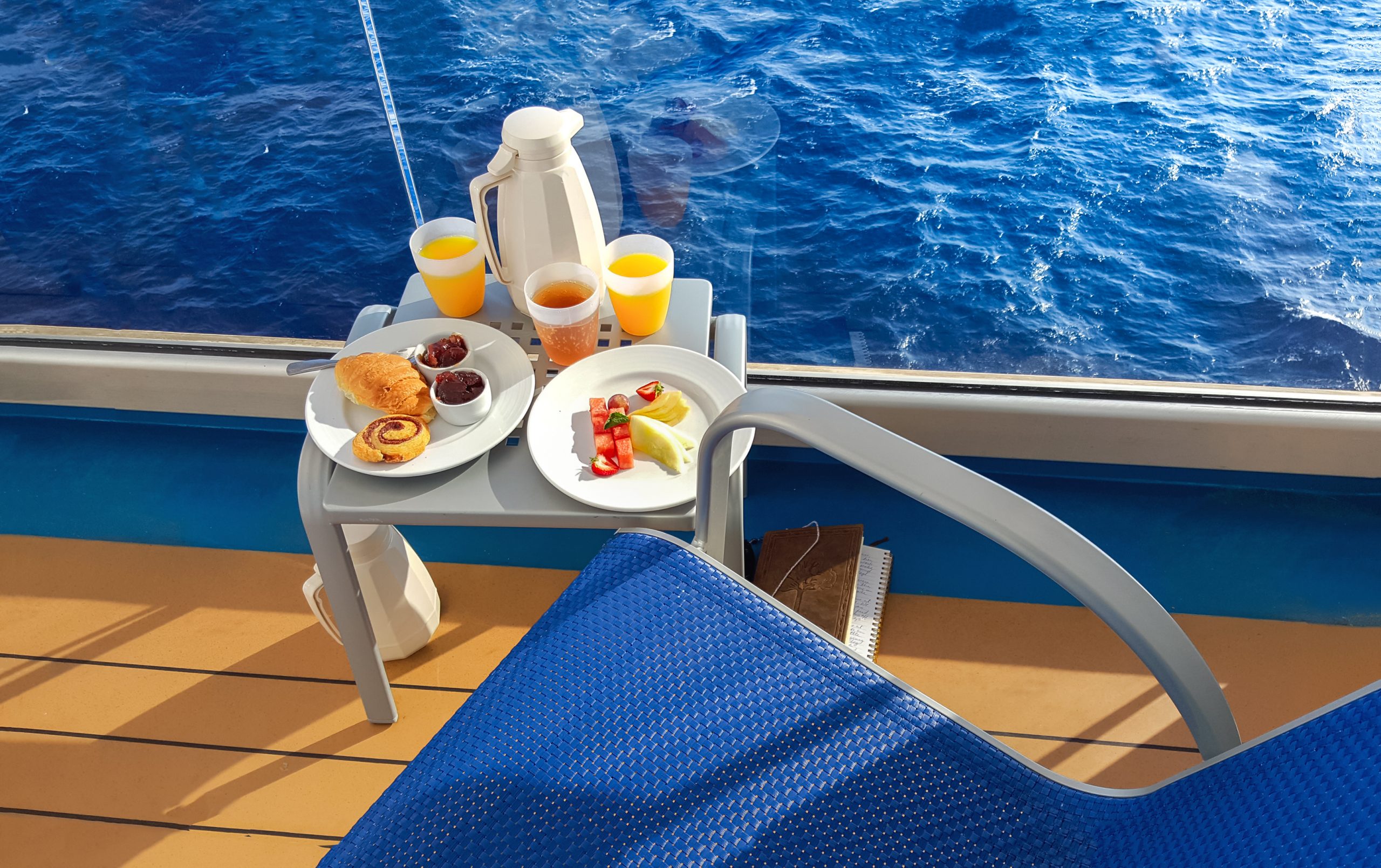
Onboard Know How
Sea Sickness: Prevention/Fixes
Cabin location, meds that work and natural options and what to do if the swell sneaks up on you.
Dress Code & Theme Nights
Formal nights withour overpacking. Plus easy outfits for white parties and other themed fun.
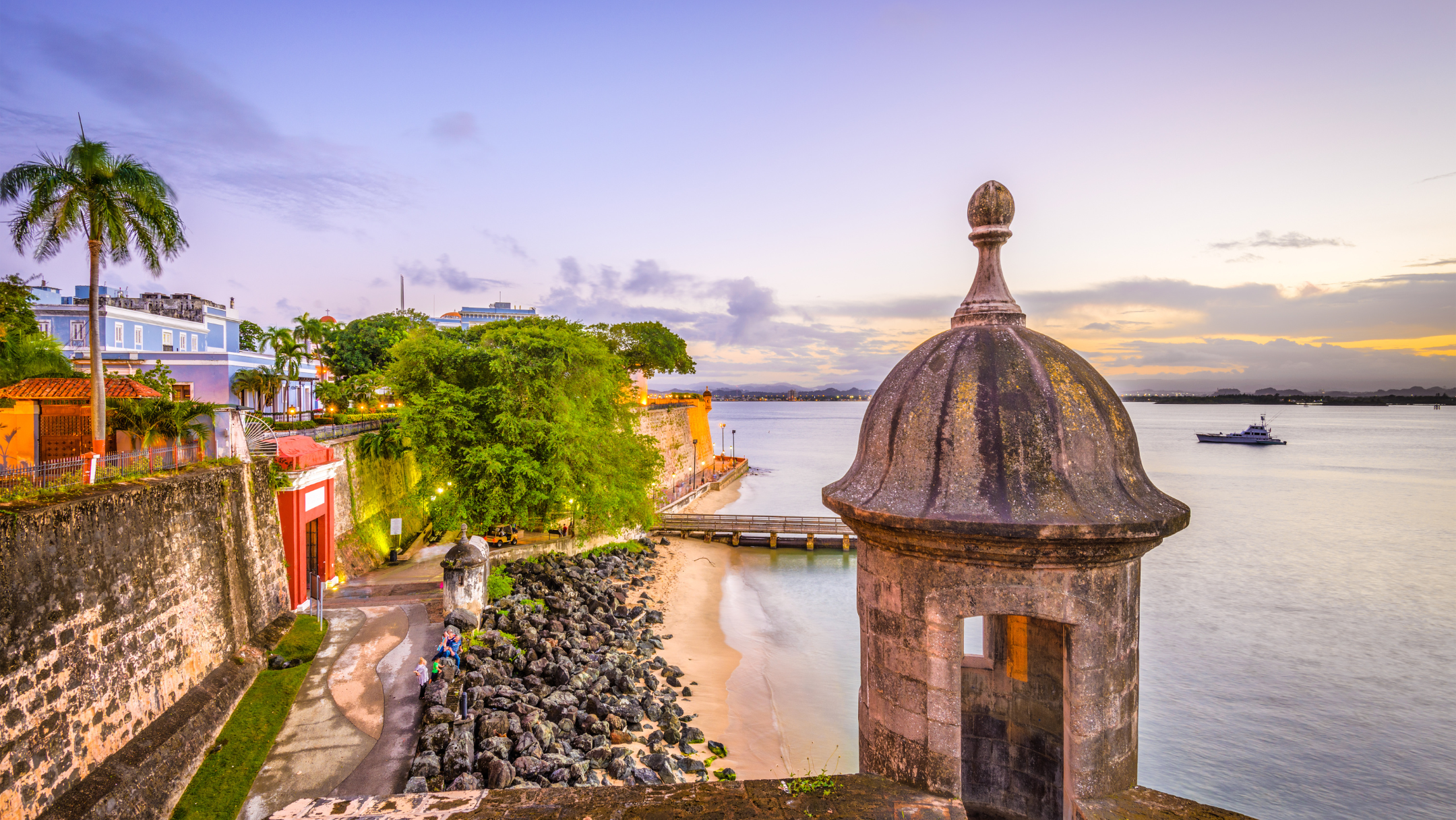
Destination & Shore Tips
Barcelona Safety Tips
Smart Way to enjoy the sights while avoiding the classic pickpocket traps.
Tips for your Alaskan Cruise
What to pack, how to plan excursions and why layers is the only fashion rule that matters.

